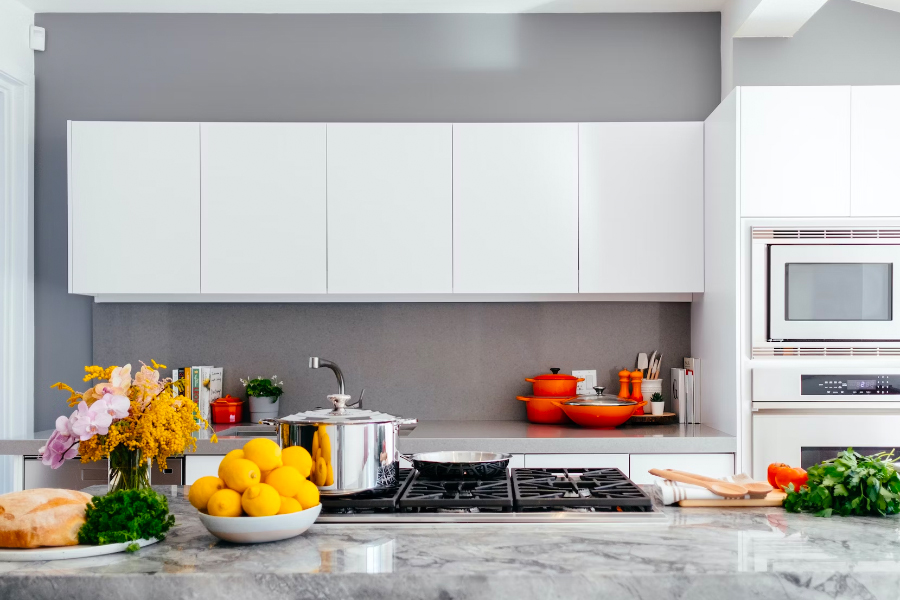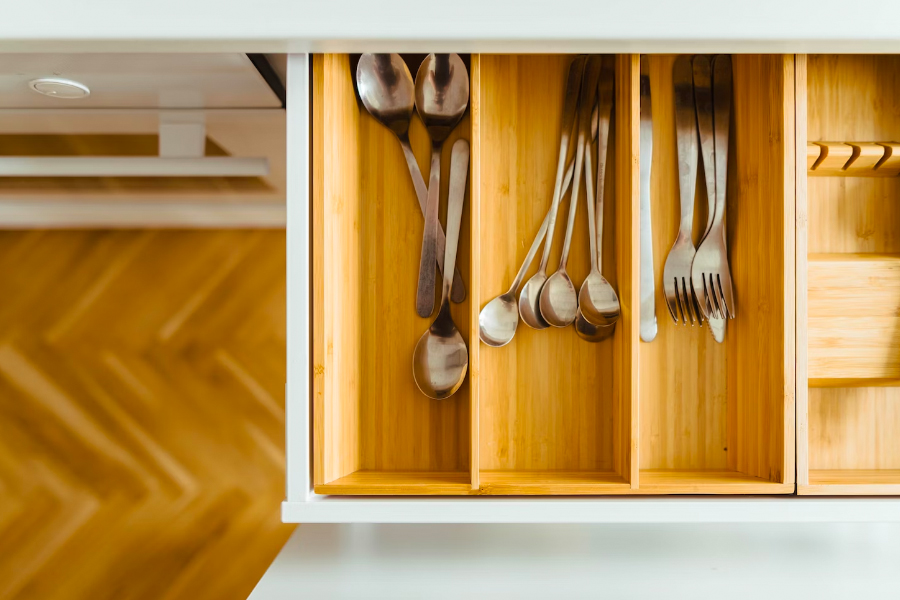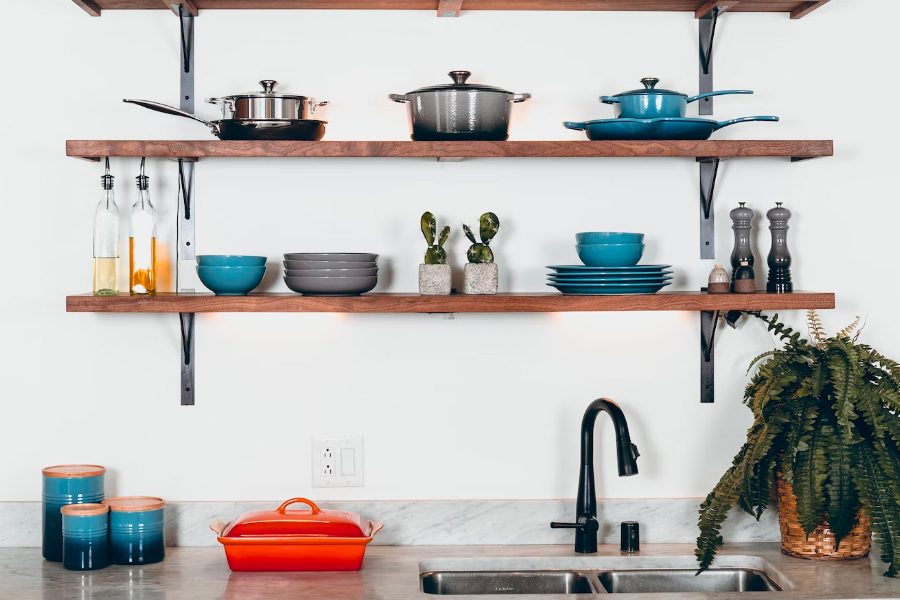Zero Waste Kitchen Practices: Transform Your Kitchen Today

Zero Waste Kitchen Practices Transform Your Kitchen Today
The journey towards a more sustainable lifestyle starts at home. One of the most effective ways to reduce your carbon footprint is by adopting zero waste kitchen practices. In this article, we’ll share some of the best tips and tricks to help you create a kitchen that’s both eco-friendly and efficient. Let’s dive in!
1. Store Food Properly
Proper food storage is essential to reduce waste and prolong the life of your groceries. Here are some effective methods:
- Use airtight containers and jars to keep food fresh
- Store fruits and vegetables in the right conditions (e.g., separate ethylene-producing fruits from ethylene-sensitive veggies)
- Preserve food through methods like freezing, canning, or dehydrating
- Learn how to store specific items, like how to properly freeze croissants or how long donuts last
2. Plan Your Meals
Meal planning is an effective way to prevent food waste and save time and money. Here’s how to get started:
- Create a weekly meal plan based on your family’s preferences and dietary needs
- Make a shopping list and stick to it
- Incorporate leftovers into your meal plan
- Batch cook and freeze meals for later use, this way your kitchen will produce zero waste.
3. Use Reusable Items
Replace single-use items with reusable alternatives to minimize waste:
- Swap paper towels for cloth napkins or rags
- Use silicone food storage bags instead of plastic bags
- Choose reusable beeswax wraps over plastic wrap
- Opt for a reusable coffee filter instead of disposable ones
4. Implement Composting for Zero Waste Kitchen
Composting is an excellent way to recycle food scraps and create nutrient-rich soil for your garden. Here’s how to start composting at home:
- Choose a composting method, like using a compost bin or worm bin
- Collect food scraps, such as fruit and vegetable peels, coffee grounds, and eggshells
- Add equal amounts of green (nitrogen-rich) and brown (carbon-rich) materials
- Turn your compost regularly to promote decomposition

Image Source: unsplash.com
5. Organize Your Kitchen
An organized kitchen can help you keep track of your food inventory and prevent waste. Check out these benefits of an organized kitchen and tips on how to organize your kitchen for inspiration.
Tips for an organized zero waste kitchen:
- Use clear containers to store dry goods, so you can see what you have
- Label containers and jars for easy identification
- Implement a “first in, first out” system in your pantry and fridge
- Regularly declutter and clean your kitchen to maintain organization
6. Shop Smart to Reduce Waste
Adopt mindful shopping habits to minimize kitchen waste:
- Buy in bulk to reduce packaging waste
- Choose local and seasonal produce
- Bring reusable shopping bags and produce bags to the grocery store
- Avoid overbuying by sticking to your shopping list
7. Learn to Repurpose Leftovers
Get creative with your leftovers to make new meals and minimize waste:
- Turn leftover vegetables into a stir-fry or soup
- Use stale bread to make croutons or breadcrumbs
- Blend overripe fruits into smoothies or freeze them for future use
- Check out easy dinner recipes for more ideas on how to use leftovers
By implementing these zero waste kitchen practices, you’ll be well on your way to creating a more sustainable and eco-friendly home. Not only will you reduce your environmental impact, which is already amazing, but you’ll also save money and create a more efficient kitchen.

Image Source: unsplash.com
8. DIY Cleaning Products for Improved Kitchen
Instead of buying chemical-laden cleaning products, create your own eco-friendly cleaning solutions:
- Mix equal parts white vinegar and water for a versatile all-purpose cleaner
- Use baking soda as a gentle abrasive for scrubbing surfaces
- Combine lemon juice and salt to clean and shine copper and brass items
9. Choose Energy-Efficient Appliances
Invest in energy-efficient appliances to reduce your energy consumption and lower your utility bills:
- Look for ENERGY STAR-certified appliances, which use less energy than standard models
- Unplug small appliances when not in use or use a smart power strip to cut off standby power
In conclusion, adopting zero waste kitchen practices is a rewarding journey towards a more sustainable lifestyle. By making small changes to your shopping, cooking, and storage habits, you’ll make a significant impact on the environment while enjoying a more organized and efficient kitchen. Start implementing these practices today, and you’ll soon see the benefits for both your home and the planet.




